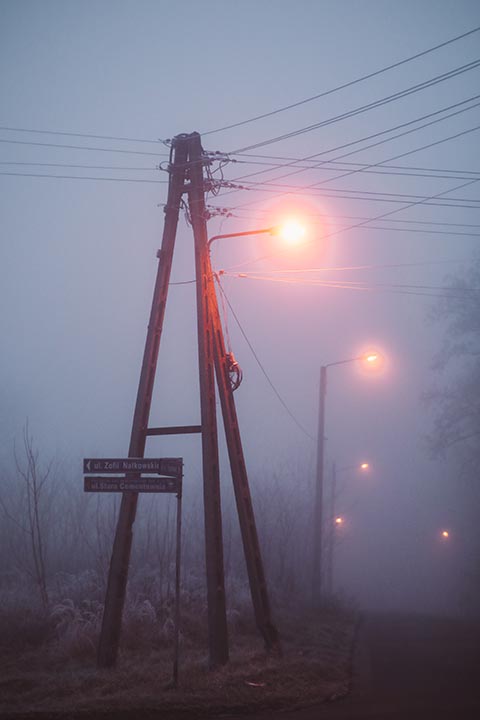
- Details
- By aniprocs
- Energy Waste
- Hits: 211
Proper outdoor lighting is key in reducing light pollution and conserving energy. Poorly designed lighting can cause light to spill into the sky, increasing energy waste and contributing to light pollution. By making a few changes to your outdoor lighting, you can help reduce light pollution and save energy. Some simple steps to reduce light pollution include using only the light that you need, using full-cutoff fixtures that direct light downwards, and turning off lights when they are not needed. In addition, using warm-toned LED lights can help reduce the amount of blue light that is emitted, which has a greater impact on wildlife. By taking these steps, we can help reduce light pollution, conserve energy and protect the environment. Whether it's through individual actions or community initiatives, every little bit helps to ensure a brighter future for both wildlife and the planet.
- Details
- By aniprocs
- Energy Waste
- Hits: 172
Light pollution is not only a problem for stargazers and nature enthusiasts, but it also has a significant impact on energy waste. When artificial light is directed upwards, it illuminates the sky instead of the intended target, wasting energy and contributing to climate change. This not only increases energy costs, but also results in increased greenhouse gas emissions, making it an environmental issue that should be taken seriously. In addition to the environmental impact, light pollution also has an impact on the economy. The excess energy used to produce the unwanted light is money that could be saved and put towards other important initiatives. It’s important to consider how much energy is being wasted due to light pollution, and to implement measures to reduce this waste.




